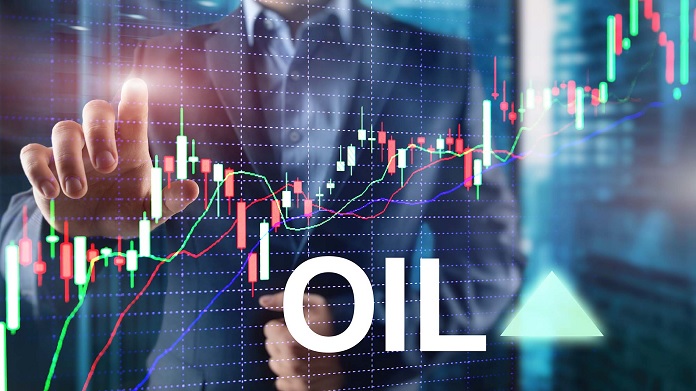© ROOT-NATION.com - Use of content is permitted with a backlink.
Discover the vital role of petroleum economics in the oil trading industry. This article explores the role of oil traders in petroleum economic and key factors affecting petroleum economics. The oil-pro-profit.com which is an Oil trading platform provides buyers and sellers with a platform to trade crude oil of varying qualities, including sweet and sour crude.
The Role of Oil Traders in Petroleum Economics
Oil traders have various functions and responsibilities within petroleum economics. They utilize their expertise to analyze market trends, forecast price movements, manage risks, and develop effective trading strategies.
One of the primary roles of oil traders is to analyze and interpret petroleum economic data. They closely monitor supply and demand dynamics, studying factors such as production levels, consumption patterns, geopolitical events, and macroeconomic indicators. By understanding these factors, traders can anticipate market trends and make well-informed decisions.

Petroleum economic analysis is essential for traders in their day-to-day activities. They rely on economic models, forecasting techniques, and statistical tools to assess future price movements and market conditions. By analyzing these factors, traders can identify potential opportunities for profit or minimize risks through hedging strategies.
Decision-making is a critical aspect of the oil trader’s role. Based on their analysis of petroleum economics, traders make decisions on when to enter or exit the market, which contracts to pursue, and which trading strategies to implement. These decisions are crucial in maximizing profitability and mitigating potential losses.
Oil traders also contribute to the overall liquidity and efficiency of the oil market. By actively participating in buying and selling oil contracts, they help facilitate price discovery and ensure market stability. Their actions influence market dynamics and contribute to the efficient allocation of resources within the petroleum industry.
Oil traders play a vital role in petroleum economics. Their responsibilities encompass analyzing economic data, forecasting market trends, managing risks, and making informed decisions. By leveraging their expertise in petroleum economics, oil traders contribute to the efficient functioning of the oil market and strive to maximize profitability while navigating the complexities of the industry.
Key Factors Affecting Petroleum Economics
Several key factors significantly influence the field of petroleum economics. Understanding these factors is crucial for oil traders to navigate the complexities of the oil market and make informed decisions.
One of the primary factors is the global oil market dynamics. The oil market is influenced by various factors, including the Organization of the Petroleum Exporting Countries (OPEC) decisions, non-OPEC production levels, and geopolitical events. Changes in oil supply and demand, as well as political tensions in oil-producing regions, can have a significant impact on prices and market stability. Oil traders need to closely monitor and analyze these dynamics to anticipate price movements and adjust their trading strategies accordingly.
Macroeconomic indicators also play a crucial role in petroleum economics. Factors such as economic growth, inflation rates, and interest rates can influence oil demand and prices. Oil traders need to consider these indicators when analyzing the market and making decisions. For example, during periods of economic expansion, oil demand tends to increase, leading to higher prices. Conversely, economic downturns can result in reduced oil demand and lower prices.

Price volatility is another critical factor affecting petroleum economics. The oil market is known for its price fluctuations, which can be caused by geopolitical events, supply disruptions, changes in global demand, or speculative trading activities. Oil traders must navigate these price fluctuations and assess their impact on their trading strategies and profitability. They utilize various risk management techniques and hedging strategies to mitigate potential losses caused by price volatility.
In recent years, environmental regulations and sustainability considerations have emerged as important factors in petroleum economics. As the world shifts toward renewable energy sources and adopts climate change policies, the demand for traditional fossil fuels like petroleum may be affected. Oil traders need to assess the potential impact of these regulations and consider the long-term sustainability of their trading strategies. This includes evaluating the economics of transitioning to renewable energy sources and the potential challenges and opportunities it presents for the oil industry.
Several key factors significantly influence petroleum economics. These factors include global oil market dynamics, macroeconomic indicators, price volatility, and environmental regulations. Oil traders need to analyze and understand these factors to make informed decisions and navigate the complexities of the oil market successfully.
Conclusion
Understanding petroleum economics is crucial for oil traders in navigating the complexities of the oil market. By analyzing key factors such as global market dynamics, macroeconomic indicators, price volatility, and environmental regulations, traders can make informed decisions to maximize profitability and adapt to evolving industry trends.

